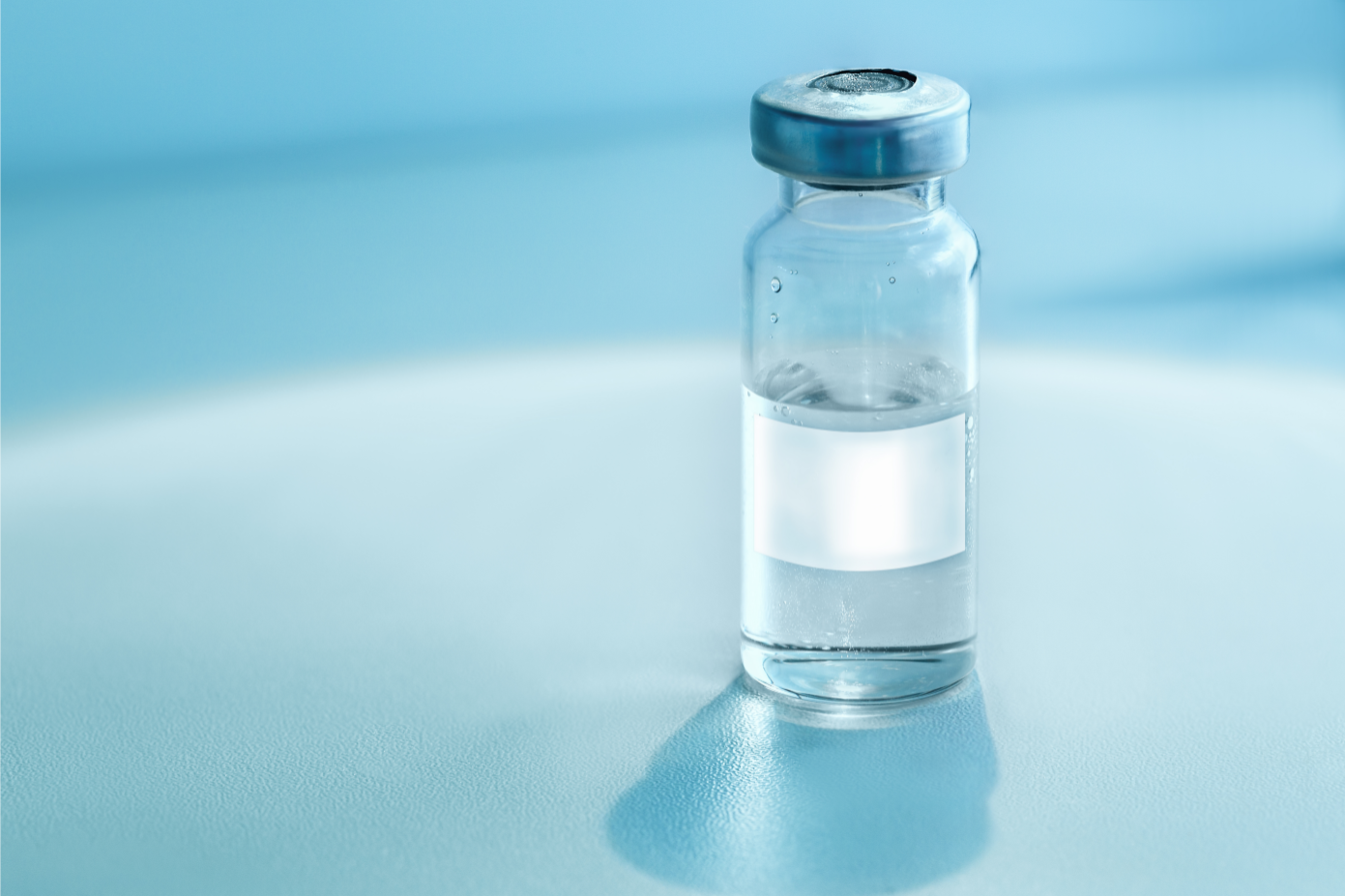Cortisol is a hormone that plays a vital role in your body. Many people refer to it as the ‘stress hormone’ as it helps your body respond to stress. However, that is not its only function. It also plays a vital role in regulating other processes in your body, such as your metabolism and immune system.
Cortisol is made in your adrenal glands and released into the blood – which means it can then circulate the whole body. Most cells in the body contain cortisol receptors, which means that cortisol can perform different functions depending on the type of cell it is acting on. Its many and various functions include:
- Regulating blood sugar levels and metabolism
- Regulating blood pressure
- Helping to control inflammation
- Controlling your sleep cycle
Cortisol and Stress
In addition to all the functions listed above, cortisol plays a vital role in your body’s ability to cope with stress. It acts like an alarm system in your body. When your body perceives a threat, a part of your brain (the hypothalamus) starts a chain of reactions happening in your body.
Through a series of nerve and hormone signals, the adrenal glands are prompted to release a surge of hormones – in particular adrenaline and cortisol. While adrenaline increases your heart rate and gives you an added burst of energy, cortisol increases the level of sugars in the bloodstream, improves your brain’s use of glucose, and aids tissue repair (should you be injured).
It also helps your body shut down functions that your brain considers unnecessary for immediate survival (remember your body thinks it is under threat), such as the reproductive and digestive systems.
Usually, this complex series of reactions is self-regulating. When the brain and body perceive that the ‘threat’ has passed, your hormone levels return to normal, along with your pulse and heart rate. However, if your brain senses that it is under attack for a prolonged period of time, the flight-or-flight response remains permanently turned on.
When this occurs, your body risks being overexposed to the stress hormones that are being produced. Overexposure to these hormones can result in disruption to several of your body’s normal functions.
Cortisol Levels
Having unnaturally high or low cortisol levels can have a detrimental impact on your overall health. High cortisol levels can be linked to prolonged stress (going through a divorce, stress at work, a traumatic event, etc.) but can also be caused by a problem in either the adrenal or pituitary gland or taking certain types of drugs.
Low cortisol levels are usually linked to problems in the adrenal or pituitary gland. Both high and low cortisol levels can lead to serious health issues and need to be investigated to offer appropriate treatment.
Symptoms of High Cortisol Levels
Having high cortisol levels for a prolonged period can lead to developing Cushing’s Syndrome. This syndrome is typically linked to a tumor on the adrenal gland that increases cortisol secretion.
The symptoms of this condition include:
- Weight gain (particularly around the face, chest, and abdomen)
- A flushed, puffy face
- Muscle Weakness
- Skin that bruises easily
- Diabetes
Symptoms of high cortisol levels due to stress may include:
- Headaches
- Anxiety and depression
- Digestive problems
- Weight Gain
- Sleep disorders
- Problems with concentration and memory
Treatment
If it is suspected that your high cortisol levels are due to stress, it is advisable to make some lifestyle changes in the first instance. This might include; eating a healthy diet, getting more exercise, and practicing relaxation techniques. In some cases, seeking professional help from a therapist or other health practitioner might be the preferable course of action. Learning how to manage your stress healthily is key to getting your cortisol levels back to normal.
If you are diagnosed with Cushing’s Disease, there are several types of medication that you may be prescribed to get your cortisol levels back to normal. Most cases can be cured, although it can take some time for the symptoms to ease.
You can also help to alleviate some of the side-effects of Cushing’s Disease, such as weight gain and muscle and bone loss, by:
- Ensuring that you maintain a healthy diet, which includes plenty of protein and calcium
- Taking Vitamin D and Calcium supplements
- Limiting sodium in your diet
Symptoms of Low Cortisol Levels
If you damage your adrenal or pituitary gland, you will not make enough cortisol and may develop a condition known as Addison’s Disease. The symptoms of Addison’s often develop very gradually, so they may go unnoticed for some time. Common symptoms include;
- Excessive tiredness
- Dizziness
- Muscle weakness
- Stomach complaints such as nausea, diarrhea, and vomiting
- Low blood pressure
- Darkening of the skin (usually around skin fold and scars)
- Mood changes
Treatment
Addison’s disease is not curable, but it can be treated and managed. This is usually done through a combination of medication and lifestyle changes. Hormone replacement therapy is needed to replace the hormones that the adrenal gland is not making, with hydrocortisone being the most common corticosteroid used to replace cortisol.
Managing your diet is an essential factor in curbing the symptoms of Addison’s. Diet adjustments might include avoiding caffeine and alcohol while eating a diet rich in sodium, including food such as; tuna, chicken, eggs, cheese, and salted nuts and seeds.
Conclusion & How To Check Your Cortisol Levels
If any of the symptoms of low or high cortisol levels resonate with you and you suspect you may need treatment, you must consult your GP. They will then refer you to an endocrinologist who will give you a comprehensive diagnosis and treatment plan. Left unchecked, Cushing’s and Addison’s can have serious health complications, so you must seek medical advice.
It is important to remember that unusual cortisol levels could also be a sign of other medical complaints such as cancer or diabetes, making seeking medical advice all the more important.

DUTCH Cortisol Awakening Response Test Kit
Typically a blood test is used to check cortisol levels, but a saliva or urine test may be used. One effective, affordable, and convenient testing method is the DUTCH Cortisol Awakening Response (CAR) saliva test kit. Your saliva samples are easily collected from home and are then mailed out for lab testing. Your results will provide insight into your stress response and adrenal function, which helps build a customized cortisone/cortisol imbalance treatment plan.
Do you have questions about cortisol imbalances and finding the right treatment? Contact Patient Care @EVOLVE to schedule a consultation call. Our team of hormone professionals is here to help you achieve the lifestyle goals you are looking for.






